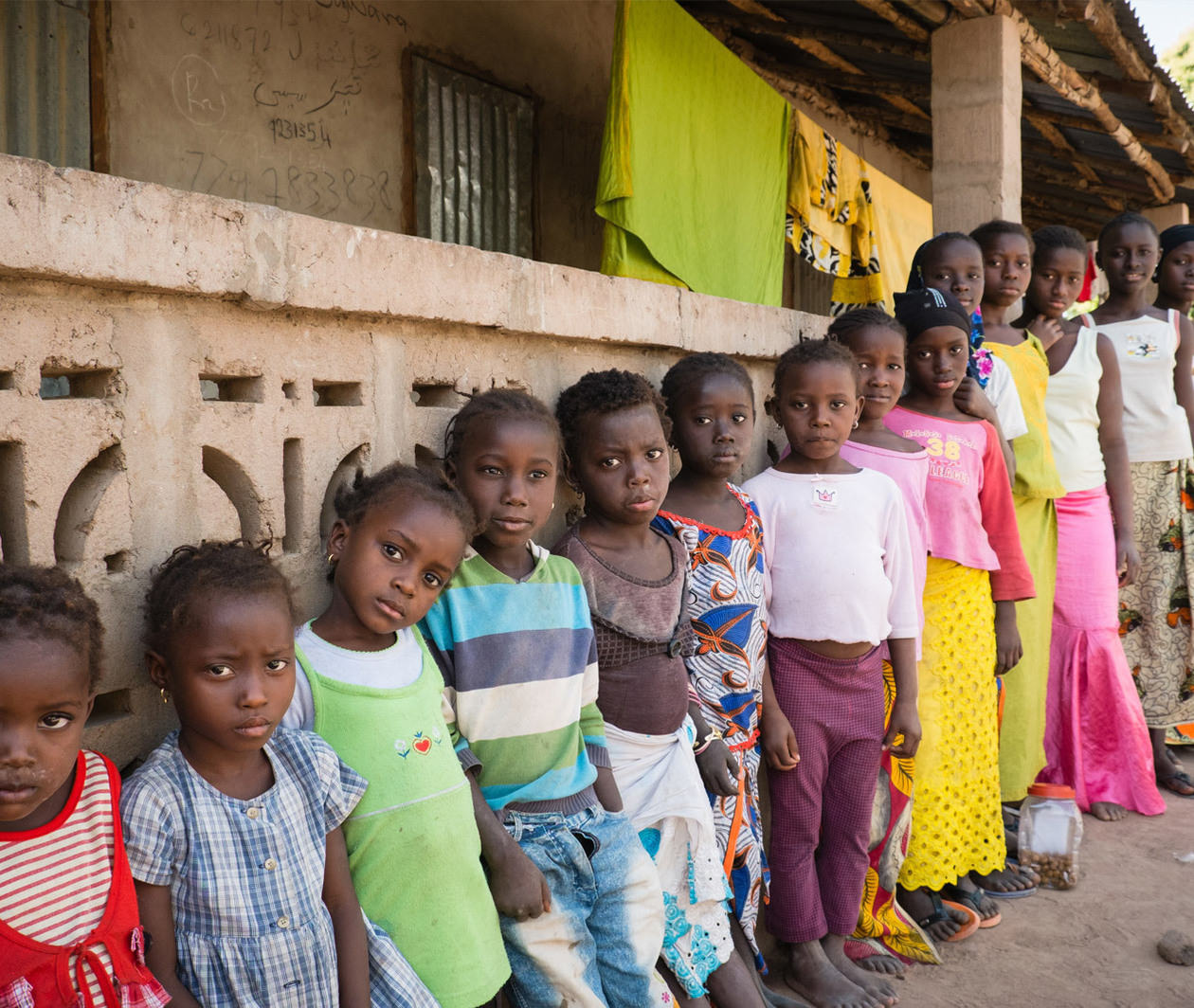Consider the latest data, priorities and debates about the health of mothers, children and adolescents in this free online course.

Duration
6 weeksWeekly study
4 hours
Improving the Health of Women, Children and Adolescents: from Evidence to Action
At a time of global concern over emerging infectious and chronic diseases, it is important to remember that millions of women and children continue to die every year from conditions that are easily preventable and treatable.
This free online course presents the latest data, priorities and debates about the health of adolescents, mothers, newborns and children in an accessible way, so that everyone has the opportunity to engage with the issues.
Explore the lifecycle from birth to adulthood
The course will run over six weeks, exploring the lifecycle from birth to adulthood, to look at adolescent, reproductive, maternal, newborn and child health.
Each week will focus on a different area, inviting you to discuss the most recent data, and the current policy, programme and research debates that inform action to improve health outcomes.
At the end of the course we will reflect on the importance of lifecycle thinking for women, children and adolescents in the context of the Sustainable Development Goals for 2030.
Get multiple perspectives on maternal and child health
The Centre for Maternal, Adolescent, Reproductive, and Child Health (MARCH) is the central hub for women’s and children’s health at the London School of Hygiene & Tropical Medicine and comprises more than 150 academics working around the world in 100 countries, from Afghanistan to Zimbabwe. In this course, you will hear from MARCH Centre experts in a range of disciplines, including epidemiology, demography, anthropology, medicine and public health.
Contributors include:
- Professor Joy Lawn, Director of the MARCH Centre
- Professor David Ross from the World Health Organisation Department of Maternal, Newborn, Child and Adolescent Health.
Understand case studies from around the globe
Through the use of case studies, multimedia content and discussions with other learners from around the globe, we will consider the latest evidence about how to improve the health of women, children and adolescents in the context of different country settings.
What topics will you cover?
- The health of adolescents and young people
- Reproductive health and what it means to make every birth wanted
- The health of women during pregnancy, whilst giving birth and during the postnatal period
- Newborns and stillbirths in the global health agenda
- The health of children and the progress made to reduce their mortality.
When would you like to start?
Start straight away and join a global classroom of learners. If the course hasn’t started yet you’ll see the future date listed below.
Available now
Learning on this course
On every step of the course you can meet other learners, share your ideas and join in with active discussions in the comments.
What will you achieve?
By the end of the course, you‘ll be able to...
- Investigate health across the lifecycle, from newborn to child, to adolescents and women, in areas of the world where the burden of disease is highest
- Engage with how different stages of the lifecycle affect each other
- Evaluate the evidence on what causes poor health outcomes and what is known about how to prevent them
Who is the course for?
This course is designed for healthcare professionals or anyone working in a health organisation; undergraduate students taking a healthcare or science-related degree; medical students and postgraduates wishing to complement their studies; and anyone else with an interest in learning about the health of women, children and adolescents.
What do people say about this course?
"Thank you for a most informative course. I have also completed the course on Health in Humanitarian Crises. For both courses the quality of the presentations, the organisation of the material and links to further information have provided me with resources that I will continue to use in my work. Again, thank you."
"I found this course very educative and thought-provoking as the facts and figures were laid bare."
Who will you learn with?
I have worked in sub Saharan Africa as an epidemiologist for over 10 years, and my main interest is in making sure that women and children receive the health care that we know can save lives
Learning on FutureLearn
Your learning, your rules
- Courses are split into weeks, activities, and steps to help you keep track of your learning
- Learn through a mix of bite-sized videos, long- and short-form articles, audio, and practical activities
- Stay motivated by using the Progress page to keep track of your step completion and assessment scores
Join a global classroom
- Experience the power of social learning, and get inspired by an international network of learners
- Share ideas with your peers and course educators on every step of the course
- Join the conversation by reading, @ing, liking, bookmarking, and replying to comments from others
Map your progress
- As you work through the course, use notifications and the Progress page to guide your learning
- Whenever you’re ready, mark each step as complete, you’re in control
- Complete 90% of course steps and all of the assessments to earn your certificate
Want to know more about learning on FutureLearn? Using FutureLearn
Learner reviews
Learner reviews cannot be loaded due to your cookie settings. Please and refresh the page to view this content.
Do you know someone who'd love this course? Tell them about it...
You can use the hashtag #FLImprovingHealth to talk about this course on social media.
More courses you might like
Learners who joined this course have also enjoyed these courses.
Browse more in Healthcare & Medicine
